PAINT ME A CANVAS: ON ART, POETRY AND SELF-CARE
By Sukanya Sharma
Adwaita Das, Meghna Prakash, and Shyama VS are young artists who openly talk about mental health through their art, poetry and illustrations. Adwaita Das is an author, film-maker and artist; Shyama is a designer who worked on a project called the A to Z of Mental Health, and Meghna Prakash is a poet. We chatted with them to know about their process, what they understand by self-care, and how artists manage to keep their emotional health in check.
Excerpts from a Twitter chat earlier this week.
ALSO SEE: SOLO’S SADVENTURES
Q: What does self-care mean to you?
Meghna: I have borderline personality disorder and that means that I often struggle with my identity. My first form of self-care was becoming more in touch with myself and what my mind and body needs to heal.
Poetry has been a very important catharsis because the act of writing or journaling is very intimate and it forces us to confront memories or thoughts we may not like or want to address. But writing everyday has saved me. It also helps me monitor my emotional state.
ALSO READ: CREATING ART: FROM SELF-EXPRESSION TO HEALING
Adwaita: Self love. Self acceptance. Self awareness. These three come together to create a complete self care package. Not necessarily in that order. But it’s crucial healthcare to love oneself and that’s where it begins. Socially we had been taught to criticise ourselves. Love ruins character was a common teaching. It is only recently that I have found out this secret of loving oneself. No scolding, but encouragement helps us blossom!
Shyama: Self care for me took a really really long time to learn and it is sort of liberating to know that I can take care of myself and rely on myself. I think I struggled quite a bit with the social pressure/concept to always be “happy” or “positive”. It was like what do I do with the parts of me that are not that? Last month I started noting down very small data from my life and tried to visualise those. It helped in letting go of a lot of angst.
Just wanted to share this. This was my journal of cooking, workout, work etc on a very difficult stressful month. I was literally giving myself stars for the smallest tasks that was in my control on a month where people I knew where fighting for their life.
ALSO READ: THE IMPORTANCE OF SELF-CARE
Q2: Does an artist’s work give an insight into their emotional health? Also, does this make an artist feel vulnerable?
Adwaita: Yes it does. At least it does in mine. That’s probably because I consciously create with the intention of healing though catharsis. I used to feel a little awkward maybe to myself out there so nakedly. But it’s a massive power! Expression is our privilege and power!! This applies to almost all my work … on a regular basis when I sit down to create, be it a book or a film or drawing, I am anxious. Not about what I am making. But life. as I pull each stroke or pose each word, the anxiety falls away and my breathing eases and life makes sense.
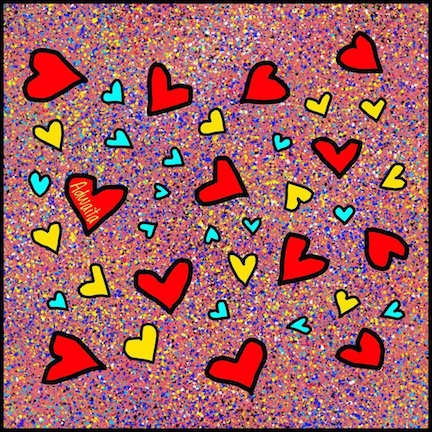
Artwork and Words by Adwaita Das
Shyama: I don’t know, honestly. Because work is something that keeps me going even on my lowest points. But I guess I always makes personal projects (in my head) when times are crazy and mostly put them together and show it to the public when I can detach myself from that period. For example, last May my home town was hit by a virus called Nipah. My parents are health workers there, they were on the field and I was in Bombay. It was really difficult for me to go about my life because I was anxious of what is happening in my hometown and how little I could truly do to help.
But I think a lot of questions that were in my mind I sorted through art, which I recently put out on display for the public, this March. And putting it out there and listening to other people talk about their similar experiences helped me to honestly move on from that episode. I was really focused on death and mortality back then and researching and understanding it through art sort of helped me understand what living is. But I use it to connect to people and connecting to someone is a vulnerable process, isn’t it? When you can be seen, you can be touched, you can be hurt, but you can also be held, sort of?
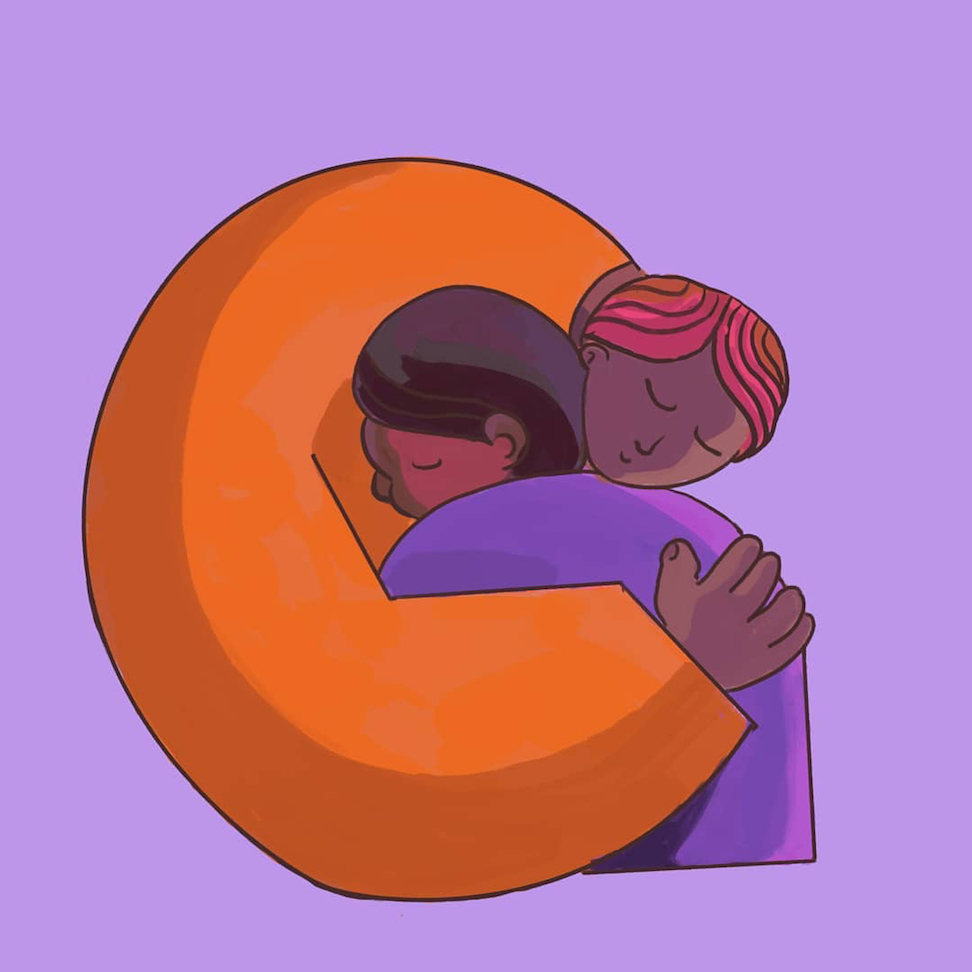
Q3: Meghna, tell us the story behind this work of yours…
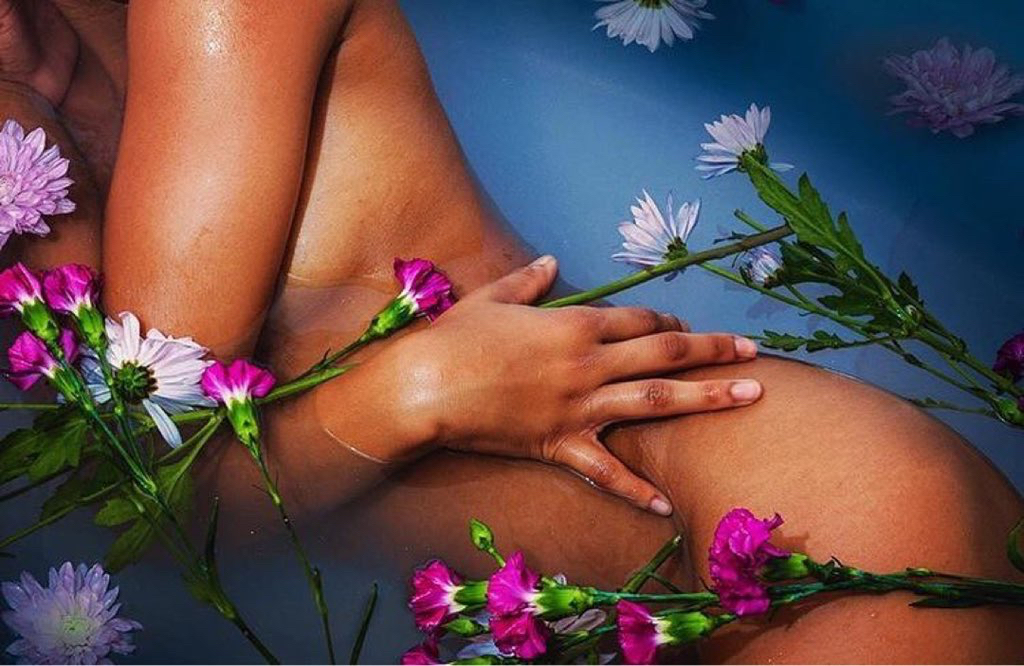
Words by: Meghna Prakash
5 steps to a healthy heart:
Step 1: love yourself
Step 2: love yourself
Step 3: love yourself
Step 4: love yourself
Step 5: love yourself
If only someone would’ve told me
What to do with all of this love
Pouring from my chest
To not contain it to a foreign body of bones
To take my love in my palms
And caress my brokenness
And feel safe in my own arms
You see, since I was a child,
I was taught to find love
In the blossom of cherry trees
In the silent surrender of the moon to the skies
Of the sea turtle to the ocean
In Amma’s gentle tug at Appa’s shirt.
But today, I ask you to find love
In the crooked of your smile,
The gap between your yellow teeth
The love handles of your waist
In between the spaces
Of your fingers holding a cigarette
In your subliminal thoughts
About your childhood
Where they wouldn’t stop hurting you or telling you that you’re not good enough to ever make it big
But I promise you,
There is someone who looked at you and your dreams and swore that he’d make it all come true
This someone held you close and whispered to you that your kindness can tame this wretched universe
That you’re so fucking beautiful
And they lied when they hit you
And hurt you again and again
Because they’re only taught to taint not heal
And I promise you,
That someday,
This magic, this miracle (you)
Will come undone on a quiet, well-lit street and the world
Won’t wake up the same.
And I know that this night
You’re still not that somebody that you’re dying to meet
to pour all this love that you’ve caged in your heart
But I promise you,
Someday,
You will be that
Somebody.
Meghna: With depression, I struggled to look at myself in the mirror. Why would you take care of something or someone you don’t love? I realised that my whole life, I kept looking for someone to validate my existence and tell me I’m worthy of love. I needed to do it on my own, but how?
That’s how this poem happened. I submitted it as part of @nandinivarmaaa‘s prompt for #NaPoWriMo too. The poem was a conversation I was having with myself about love and acceptance. It had to start with me and me only.
Q4: How do you think we can guide ourselves when we go through an emotional upheaval… What do you each tell yourself to feel better? What would you tell your younger self about the world?
Shyama: When it gets really really tough, I always remind myself that I am just another animal in the wild. And I look around and see if there is anything really lurking in the shadows of the (imaginary) forest. And to my younger self, I really would just tell that it gets better. However impossible it might seem at the moment, it does get better. And you will survive because you have strengths you called upon and I am here today because of you.
Adwaita: First, I remember to breathe. Deep breaths are the best anti-anxiety medicine.
Second, I do simple affirmations. I am safe. I love myself. Life supports me.
Third, I make a mental list of things I have achieved. Or of my talents. Or of my favourite funny films. Or all the above.
The idea is to reach a place of peace within. Words, images, sounds (soothing/peppy music) can work wonders. Just like identifying our triggers we can identify our releases. And then it becomes a part of muscle memory. Practising self love can become as easy as popping a pill.
My younger self I talk to quite frequently. It’s an excellent healing process. I tell her to not listen to adults because they may not know everything. I tell her to believe in herself always! I tell her I love her and I am so proud of her. I am who I am because of who she is!
Meghna: My younger self couldn’t understand why I was always so different from everyone else and why I struggled so much to make relationships and friends. I would go back and tell myself that it’s okay to be lonely and that I’m loved and I’m special and I actually matter.I used to write poetry then and I discovered the world of books when I was younger and it’s made me who I am today. I’d tell myself not to worry so much because guess what, I turned out pretty okay .
Disclaimer: Views expressed are personal. Material on The Health Collective is not intended to and cannot substitute for expert advice from trained professionals.

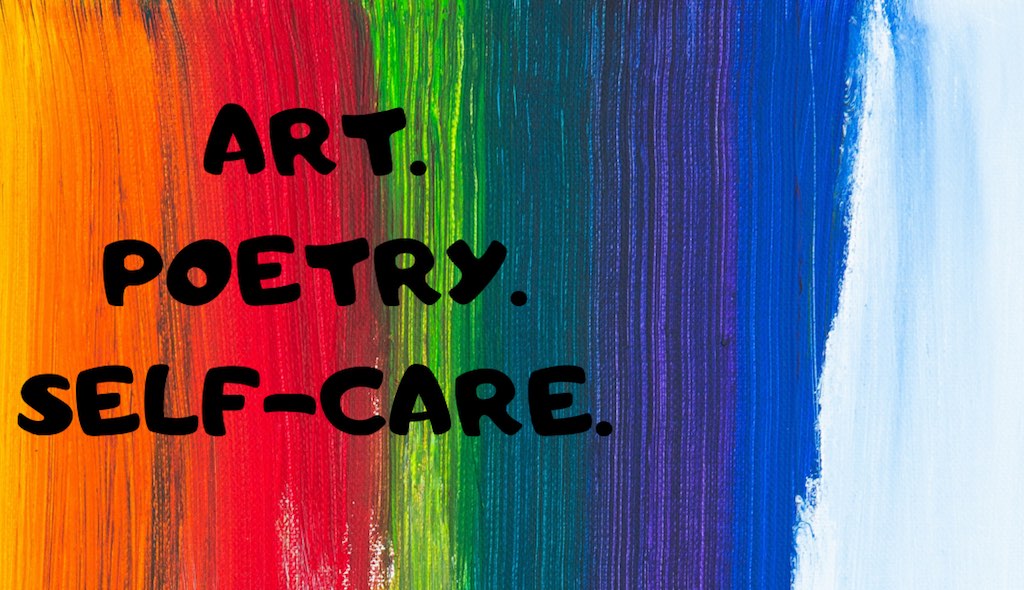
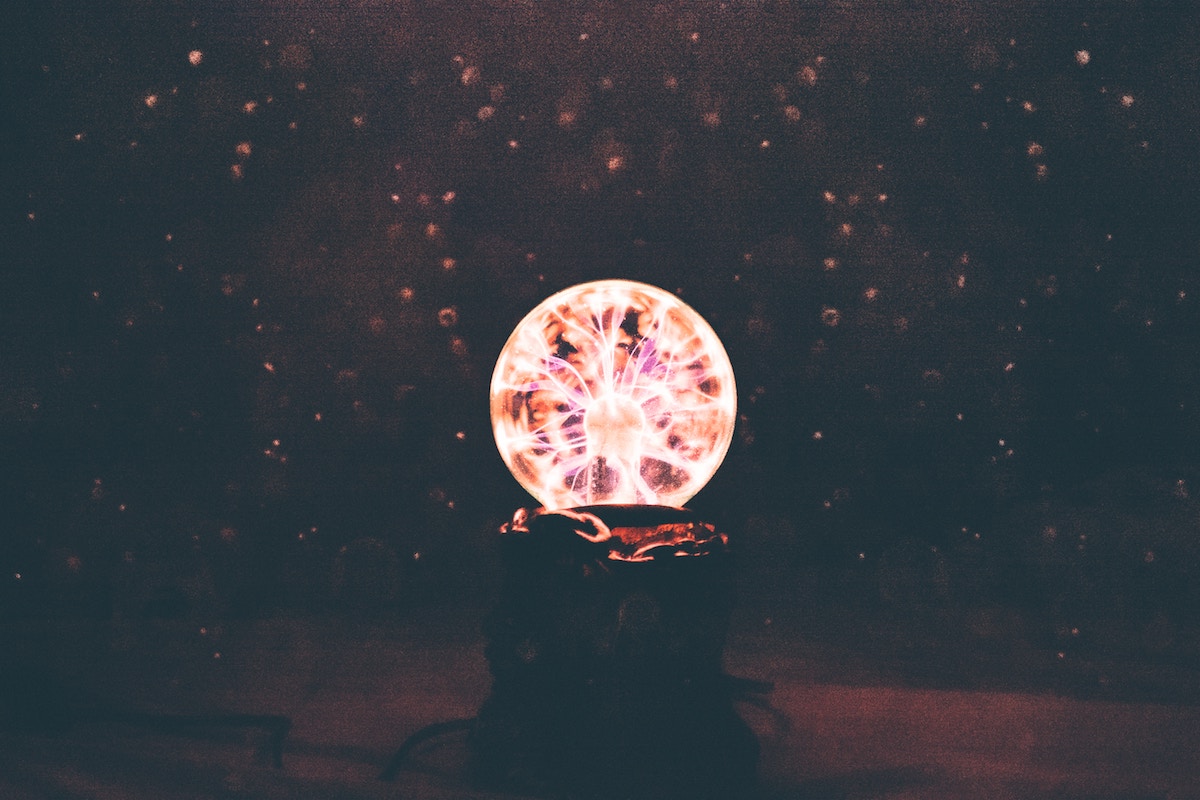
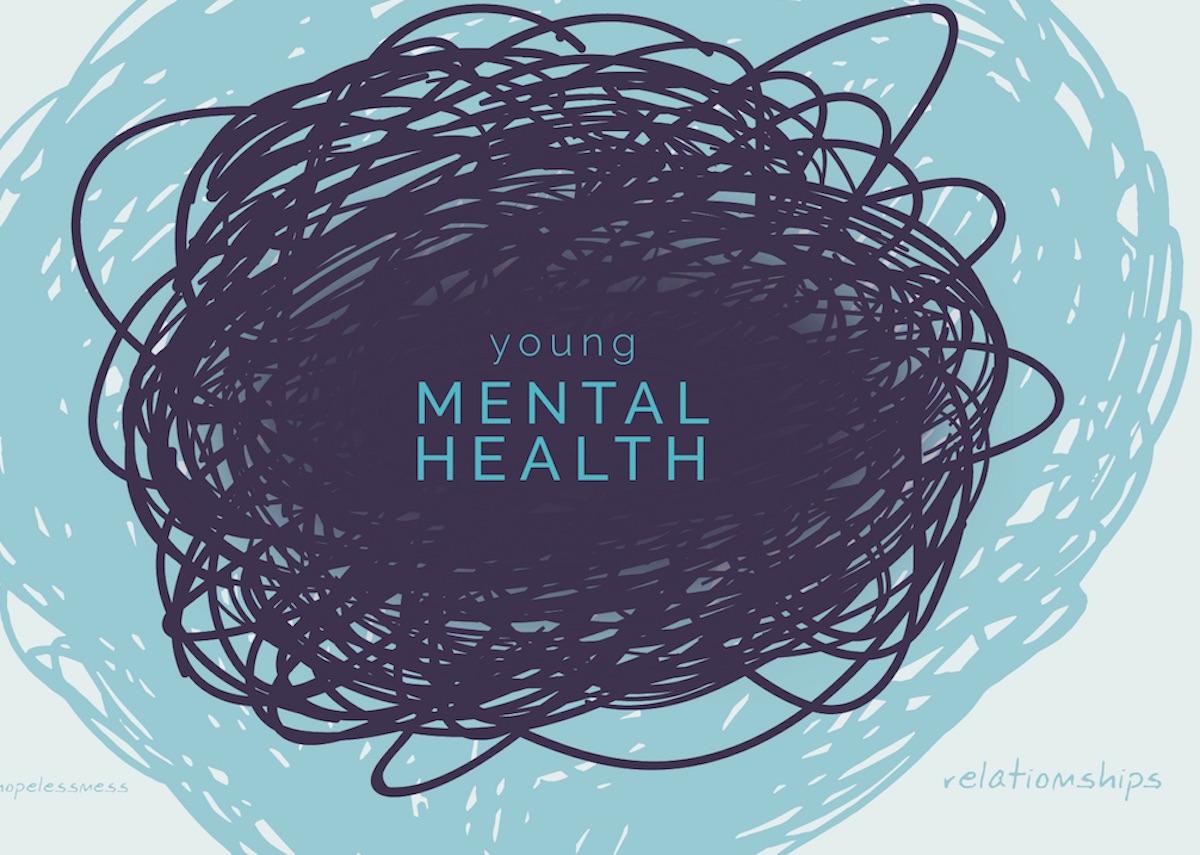
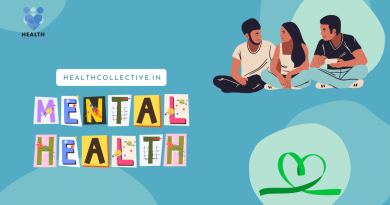
Pingback: Unravel: Improv That Shows Us How to Listen